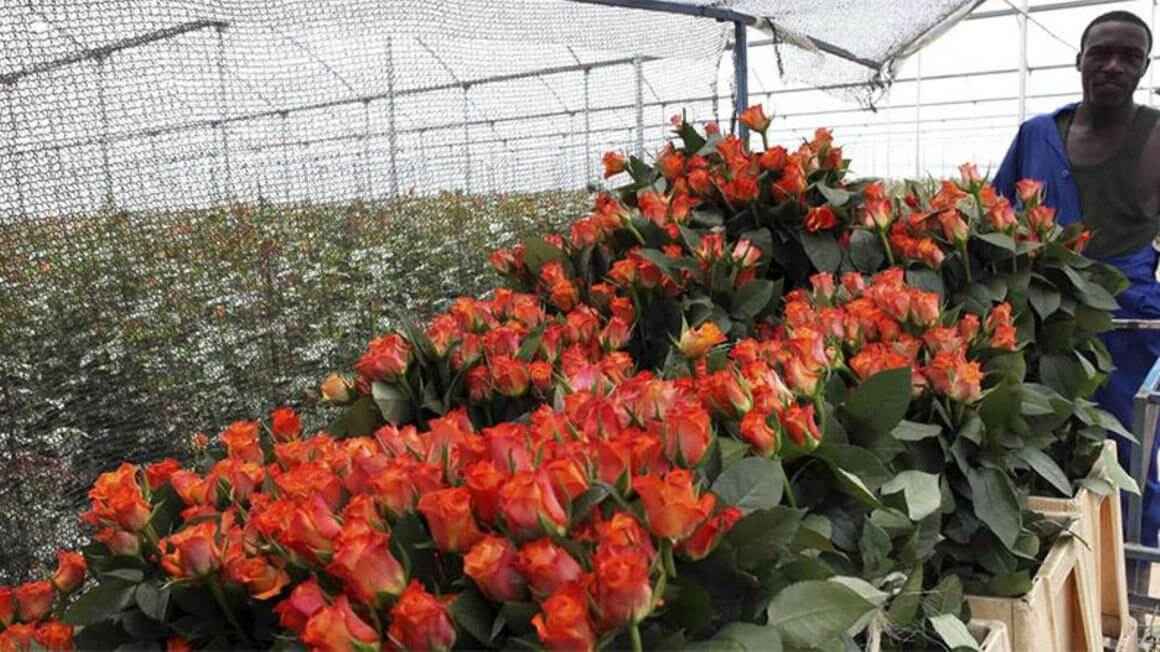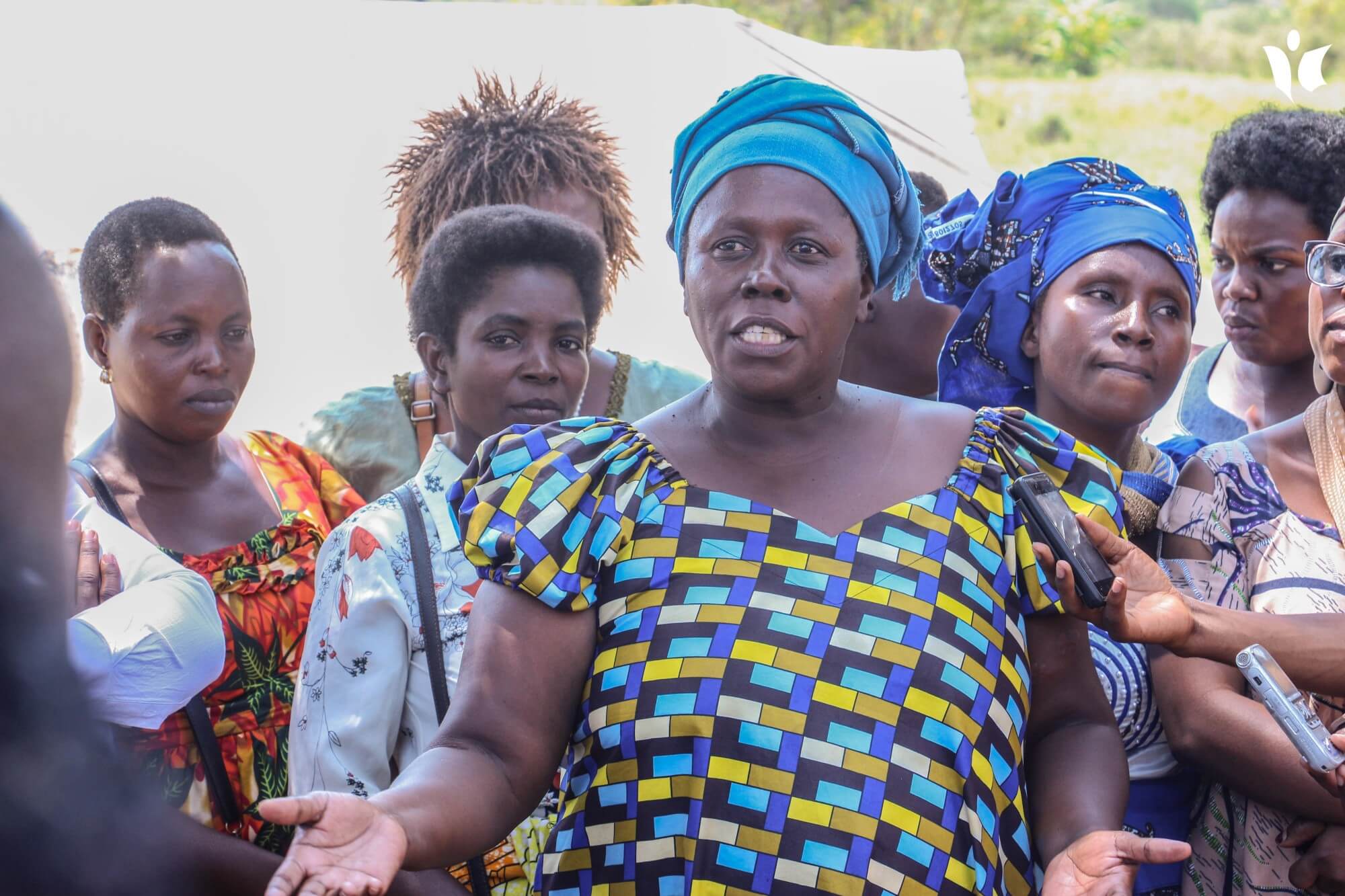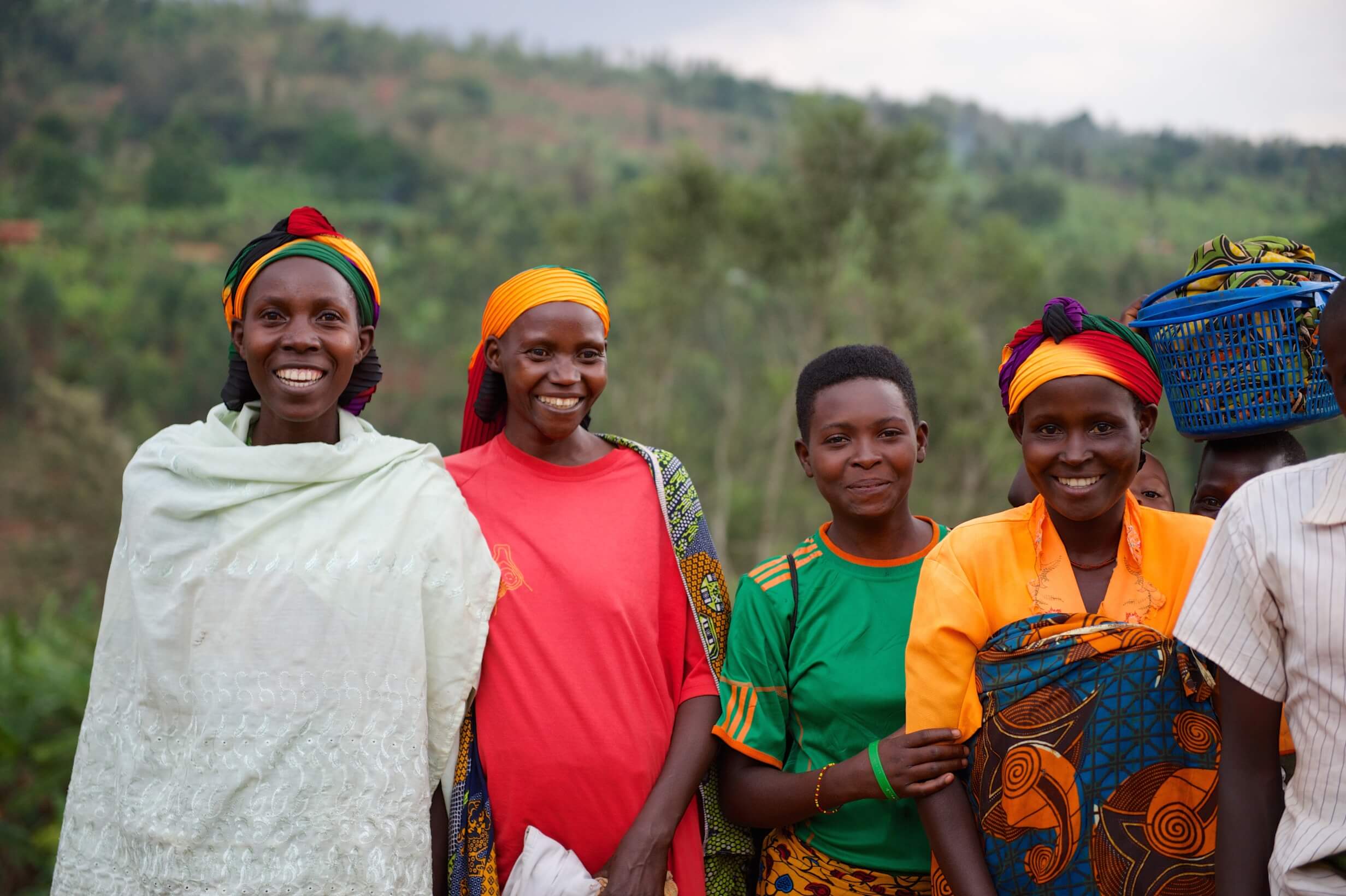International trade, however, has a huge part to play in keeping the UK’s florists stocked with fresh cut flowers. The second top import market to the UK for flowers is Kenya, which supplies just over 8 percent of British-sold flowers, or 10,000 tons, worth not far off £67 million. Cut flowers account for 25% of all Kenyan imports to the UK. The Institute of Export & International Trade has been working with donor organization TradeMark Africa (TMA) to implement a ‘digital trade corridor’ between the UK and Kenya to help simplify trade between the two nations. The initiative, called the ‘UK-Kenya Trade Logistics Information Pipeline’ (TLIP), aims to eliminate documentation and introduce better visibility in the supply chains flowing between the UK and Kenya. This initiative builds upon on the Kenya-UK Economic Partnership Agreement, which was signed in December 2020. TLIP's system uses blockchain technology to link all those in a supply chain together, enabling faster logistics and easier trading. Marco Forgione, director general of the IOE&IT, said: “This Valentine’s Day when you were giving your loved one a beautiful bouquet of flowers, consider the journey they have taken to put that smile on their face. Around nine different organizations are involved with the transportation of flowers from Kenya before they enter your home and all of these actions in the supply chain require documentation to move the goods along on their journey. “The trade corridor we are creating will provide more transparency and enable all actors to view the...
A ‘blossoming partnership’: digital corridor drives Kenyan flower exports to UK
Posted on: April 25, 2022
Posted on: April 25, 2022
























